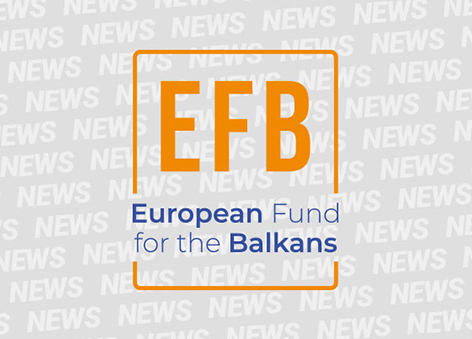The
European Story Fund supported additional 4 stories to be produced by journalists from throughout the region on relevant Western Balkans – European Union topics. The following journalists and stories received funding through the European Story Fund and will be produced:
Vlada Milic, PG Mreza – Belgrade, Serbia
Property Restitution
Serbia must solve the issue of the restitution of property in order to become a candidate for the EU membership and start negotiations on the entry.
PG Mreza will travel to Slovenia, as a former Yugoslav republic, which has gone the furthest and almost completed the process. Slovenia would be an example of good practice and would show which steps are necessary and inevitable in property restitution.
Beyond Coal: Energy Debate in Kosovo
This 1-hour televised documentary will investigate the proposed ‘New Kosovo’ privatised coal-fired power plant project and how it will affect not only Kosovo’s public health and environment, but also its implications for Kosovo’s potential entrance into the EU.
Ana Bogavac, Hanja Micovic, TV Vijesti – Podgorica, Montenegro
EU: Music Notes to Everyone’s Respect
One unresolved problem of Montenegro on its way to the EU is the case of respect of intellectual property, especially rights of authors of music. The story would follow a working day of a musician in Montenegro, and his/her colleague in Hungary. Interviews would be filmed with representatives of NGO and government offices, both in Hungary and Montenegro, in regard to what they do to protect intellectual property.
Borjan Jovanovski, A1 TV – Skopje, Macedonia
The Czech Experience in the Use of Pre-Accession Funds of the EU – Best Practice
The Czech Republic is one of the most successful countries as a beneficiary of the EU funds. Before and after joining the EU, the Czech Republic, over the past ten years, saw a significant development in infrastructure, strengthening of institution capacities and development of agriculture and rural areas. In this context, the aim of the project is to record four stories in the Czech Republic. Each of them has to convey the experience of individuals or institutions who have used European funds as a manner of providing and utilizing the money.
Before the end of the current funding cycle (end July 2011), which is being implemented with the financial support and partnership of the Balkan Trust for Democracy, the EFB will support one more story coming from a local journalist.







